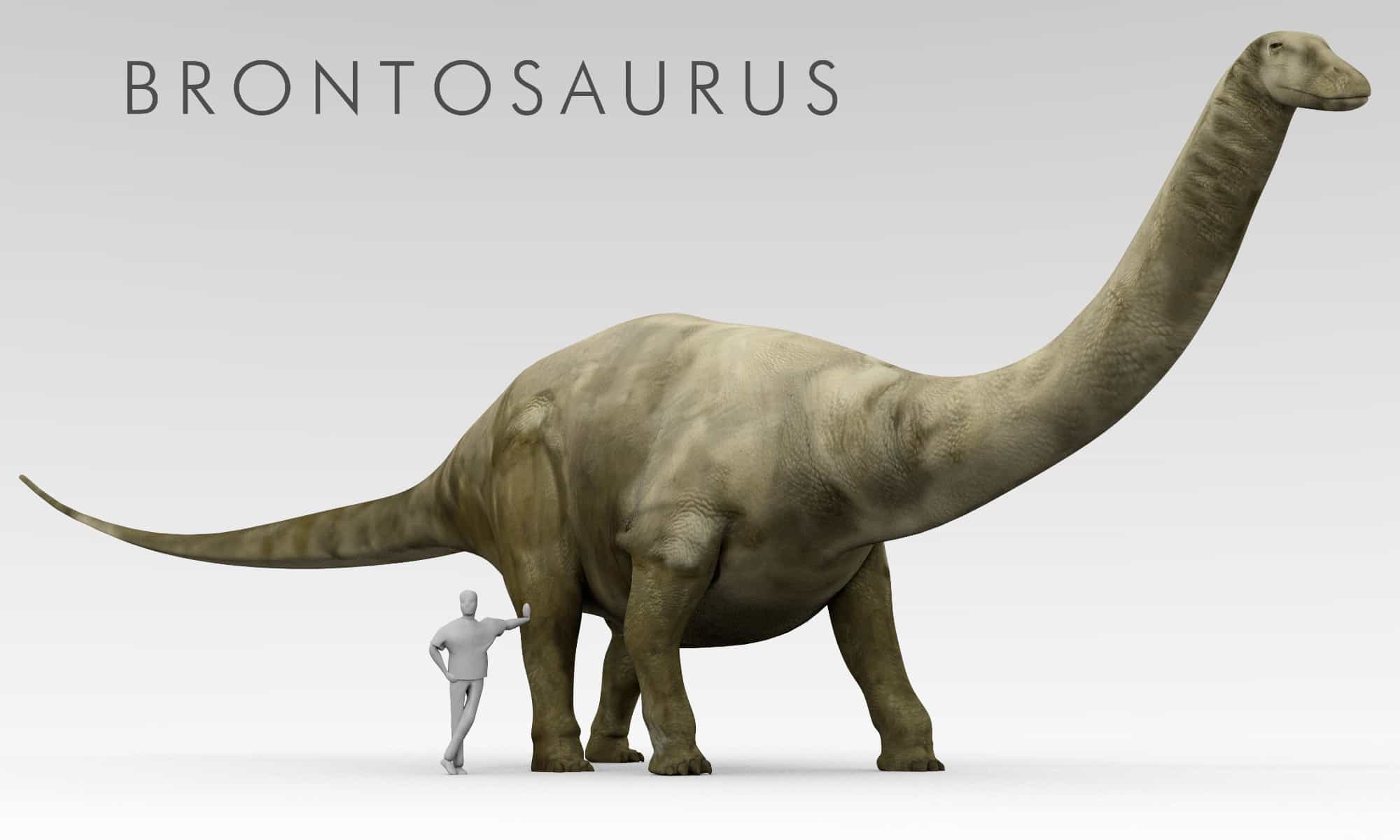Why is there such a big gap between the objective state of the economy and public perception?

By any conceivable metric, overall economic conditions in the USA are vastly better now than when Joe Biden took office nearly three years ago. So why is public opinion so negative on the questions of how well the economy is doing, and Biden’s performance in this regard? (Giving much praise or blame to the president for the state of the economy is generally dumb, but it’s a huge factor in peoples’ voting behavior).
Some obvious explanations include:
(1) A right wing media ecosystem that’s designed very successfully to create false beliefs in the minds of voters.
(2) Gas prices, that are both very volatile, and something that annoys an enormous percentage of Americans, because of the need to spend large amounts of money on a weekly basis to fuel their massive vehicles.
(3) The housing market is a mess. The median sale price of a house in the USA went from $313,000 in 2019 to $480,000 in 2022! Since then the massive spike in interest rates has reduced the figure to $416,000, but a combination of high interest rates and very little inventory is bad news for people involved in this market.
I want to touch on a fourth factor, which I assume many economists have noted: the effect of inflation from the perspective of behavioral economics. Specifically, I wonder about the extent to which peoples’ reaction to price inflation reflects the insight that people are loss averse: that is, people generally hate what are perceived as losses more than they like what are perceived as gains.
How this would work out in the inflation context: If prices and wages increase at the same rate, the natural assumption would be that people would be indifferent to the nominal changes in prices, since they would in fact be purely nominal (if wages increase at the same rate as prices, then the affordability of goods obviously wouldn’t change). But I suspect it doesn’t work that way. Instead. if prices and wages both go up by a significant amount, as they have over the past three years, people feel worse, because the “loss” of higher prices feels worse than the “gain” of higher wages.
Again, I assume this is a standard insight on this issue, but it just occurred to me, so it feels like my theory, which is mine.


